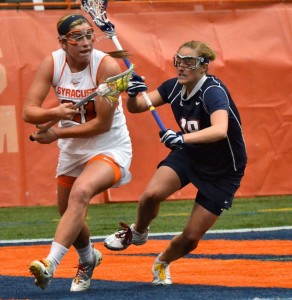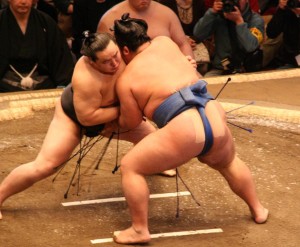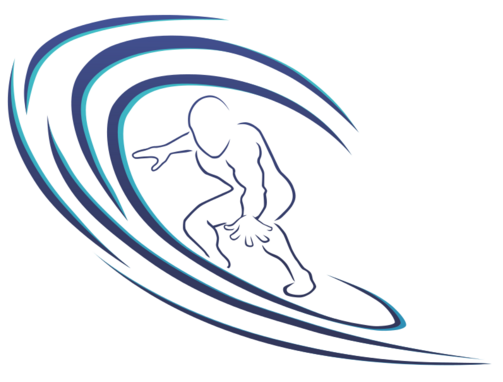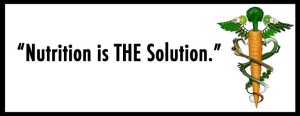Nutritional Therapy
Our nutritionist will design, monitor, and adjust your personal nutrition program to help you achieve all of your regenerative medicine goals.
What you can expect:
- Prevent disease and improve health and wellness
- Personalized care & individualized programming
- Efficient & cost-effective health intervention
- Improve athletic performance, physical activity, and recovery post-exercise, as well as post-surgical outcomes and wound healing
Offered by
Good nutrition is the cornerstone of any healthy lifestyle.
 At Pacific Coast Sports Medicine, patients can seek nutritional therapy whether they are looking to prevent the development of complications in pre-existing conditions, ameliorate the symptoms of existing ones, increase sports performance, or simply improve eating habits long-term.
At Pacific Coast Sports Medicine, patients can seek nutritional therapy whether they are looking to prevent the development of complications in pre-existing conditions, ameliorate the symptoms of existing ones, increase sports performance, or simply improve eating habits long-term.
Our practitioners perform comprehensive nutritional assessments in order to understand and implement the best plan for each individual. In addition to dietary history, nutritional therapy is based upon the patient’s medical and psychosocial history, physical examination, as well as the review of lab work (4,5).
While “eating healthy” is commonly accepted and encouraged, we believe that every individual has unique needs, and as such, requires a tailored nutrition program to achieve a state of optimal health.

Who can benefit from Nutritional Therapy?
- Diabetes
- Cardiovascular Disease
- Pulmonary Disease
- GI Disorders
- Weight Management
- Osteoporosis
- Women’s Health (i.e., pregnancy, anemia)
- Pediatrics
- Athletes
- Disease Prevention & General Wellness (5)
For the competitive or recreational athlete, nutritional therapy can be an excellent complement to any training regimen due to the body’s energy demands before, during, and after physical activity. Macronutrients in food (i.e. carbohydrates, proteins, and fat) help provide and replenish energy, maintain body weight during intense exercise, and help the body recover by building and repairing muscle tissue (1). Nutritional therapy has been shown to be an efficient and cost-effective intervention. Through professional counsel, patients develop a greater understanding of healthy eating as it applies to them, thus establishing positive, long-lasting habits (6).
In addition to enhancing athletic performance, physical activity, and recovery post-exercise, optimal nutrition has been shown to improve surgical outcomes and wound healing.
Eating a poor diet may increase the risk of infection at surgical sites post-operatively. Patients who are injured and/or recovering can benefit from nutritional therapy by improving and maintaining their body’s anabolic state in order to build tissue, improve immune function, and reduce risk of complications (2,3).
 Nutritional experts at Pacific Coast Sports Medicine counsel patients based on their current state and individual biochemistry. Whether you are osteoporotic and need help developing a nutritional plan or an athlete wanting to enhance your performance, our clinicians provide individualized support and guidance every step of the way.
Nutritional experts at Pacific Coast Sports Medicine counsel patients based on their current state and individual biochemistry. Whether you are osteoporotic and need help developing a nutritional plan or an athlete wanting to enhance your performance, our clinicians provide individualized support and guidance every step of the way.
- American Dietetic Association; Dietitians of Canada; American College of Sports Medicine, Rodriguez NR, Di Marco NM, Langley S. American College of Sports Medicine position stand. Nutrition and athletic performance. Med Sci Sports Exerc. 2009;41(3):709-31.
- Cross MB, Yi PH, Thomas CF, Garcia J, Della Valle CJ. Evaluation of malnutrition in orthopaedic surgery. J Am Acad Orthop Surg. 2014;22(3):193-9.
- Evans DC, Martindale RG, Kiraly LN, Jones CM. Nutrition optimization prior to surgery. Nutr Clin Pract. 2014;29(1):10-21.
- Medical Nutrition Therapy. Wikipedia. http://en.wikipedia.org/wiki/Medical_nutrition_therapy. Accessed January 9, 2015. Modified December 28, 2014.
- Medical Nutrition Therapy (MNT). Academy of Nutrition and Dietetics Web site. http://www.eatright.org/HealthProfessionals/content.aspx?id=6877. Accessed January 9, 2015.
- Szczepa?ska E, Klocek M, Kardas M, Dul L. Change of the nutritional habits and anthropometric measurements of type 2 diabetic patients – advantages of the nutritional education carried out. Adv Clin Exp Med. 2014;23(4):589-98.


